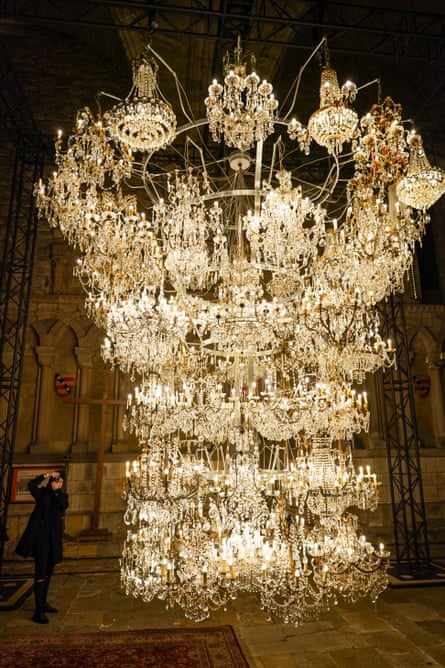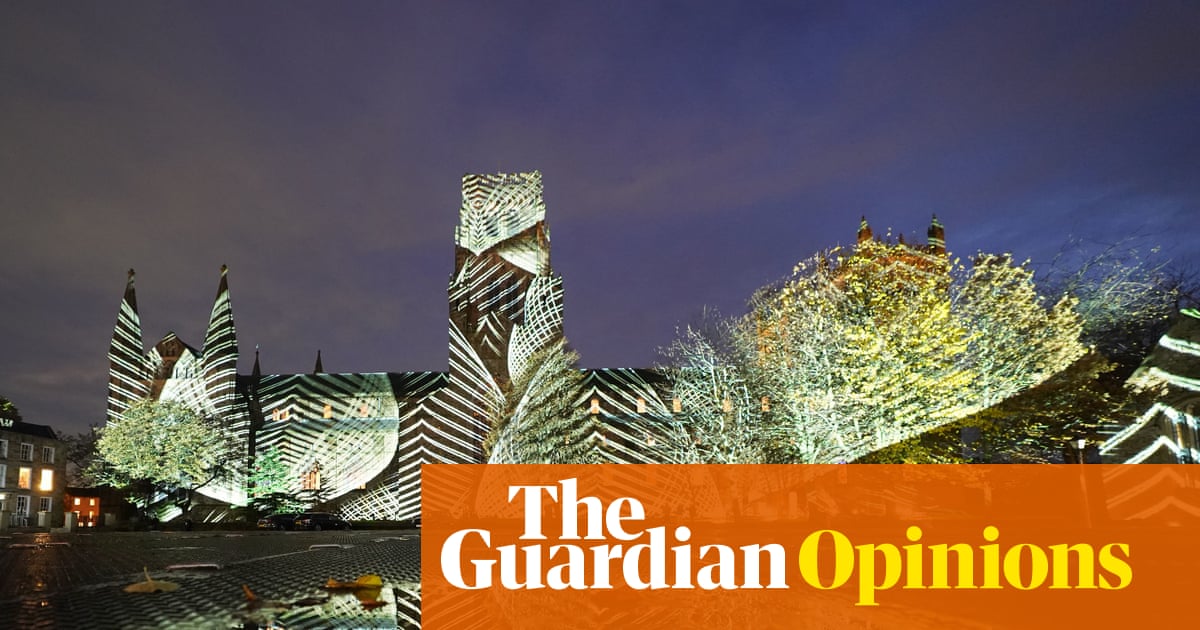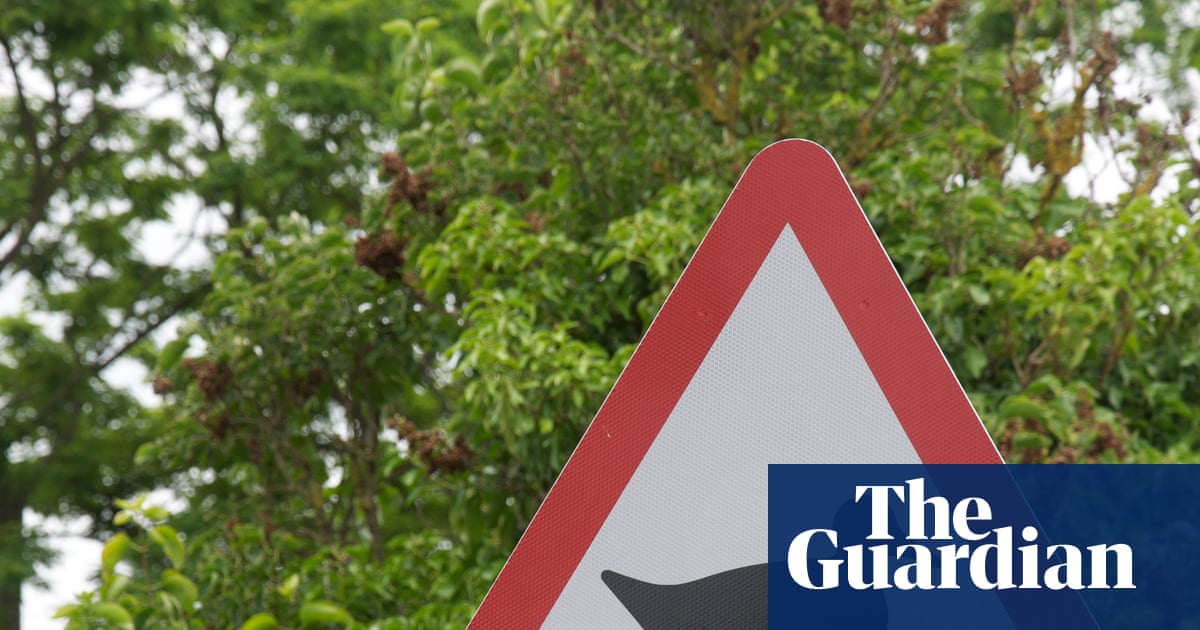The End of an Era for Durham's Lumiere Festival
Durham, a small, beautiful city in north-east England situated in a region grappling with rising poverty and inequality, has lost one of its most cherished cultural events. For 15 years, the Lumiere festival transformed its streets every two years with breathtaking light and art installations, creating moments of shared wonder and community connection.
Since its inception in 2009, Lumiere brought more than 250 international artists to this extraordinary city, featuring renowned creators like Ai Weiwei in the Cathedral's Chapter House, Fujiko Nakaya on the riverbank, and Chila Kumari Singh Burman in the market square. The festival reached over 1.3 million people, injected £43 million into the local economy, and engaged nearly 14,000 participants in community projects. Its success stemmed from being free, exciting, and genuinely good - a rare combination in today's cultural landscape.

The Crumbling Foundation of UK Arts
The arts sector across the UK is facing systemic collapse after decades of neglect. Artists are exhausted, and Arts Council England follows policy rather than shaping it. Government investment in ACE has plummeted by 32% in real terms since 2010. When the council's main grant platform collapsed earlier this year, remaining out of action for four months, the government offered only technical advice - a stark contrast to the £1.5 billion loan extended to Jaguar Land Rover after their cyber-attack.
Local authorities, crippled by years of central funding cuts, face impossible choices between essential services and cultural programming. As we approach the autumn budget, industry bodies warn this could be a tipping point for many organizations. Critical support mechanisms like business rates relief for cultural buildings are ending, and the Shared Prosperity Fund is winding down.
The Stark Contrast with Sports Funding
While the arts struggle for survival, the government allocated half a billion pounds for three major sporting events and another £400 million for grassroots sports facilities. Culture Secretary Lisa Nandy defended this disparity by stating "sport tells our story in a way few other things can."
Yet the numbers tell a different story: the arts and culture industry contributes over £10 billion annually to the UK economy and £2.8 billion each year to the Treasury through taxation alone.

What Art Truly Provides
Beyond economic metrics, art provides something immeasurable: the ability to stand side by side with strangers, unified by wonder and shared experience. In Durham, people came year after year, in rain and cold, to stand together in the light. This communal connection represents what art uniquely offers our society.
We often discuss "funding" as if it's a favor, when it's actually investment in imagination, shared experience, and our national story. We invest in trains, hospitals, and clean water because we recognize their essential nature. Art is equally essential to our collective wellbeing and identity.
A Call for Change
Sector leaders are advocating for a national arts recovery plan - not charity, but public investment on equal footing with sport and science. Even a modest commitment in the upcoming budget would signal that culture matters in rebuilding our economy and communities.
The people of Durham understood this value intuitively. They came together repeatedly to experience the magic Lumiere created. Now the lights are out, and unless something changes fundamentally, this festival won't be the last to go dark.





Comments
Join Our Community
Sign up to share your thoughts, engage with others, and become part of our growing community.
No comments yet
Be the first to share your thoughts and start the conversation!